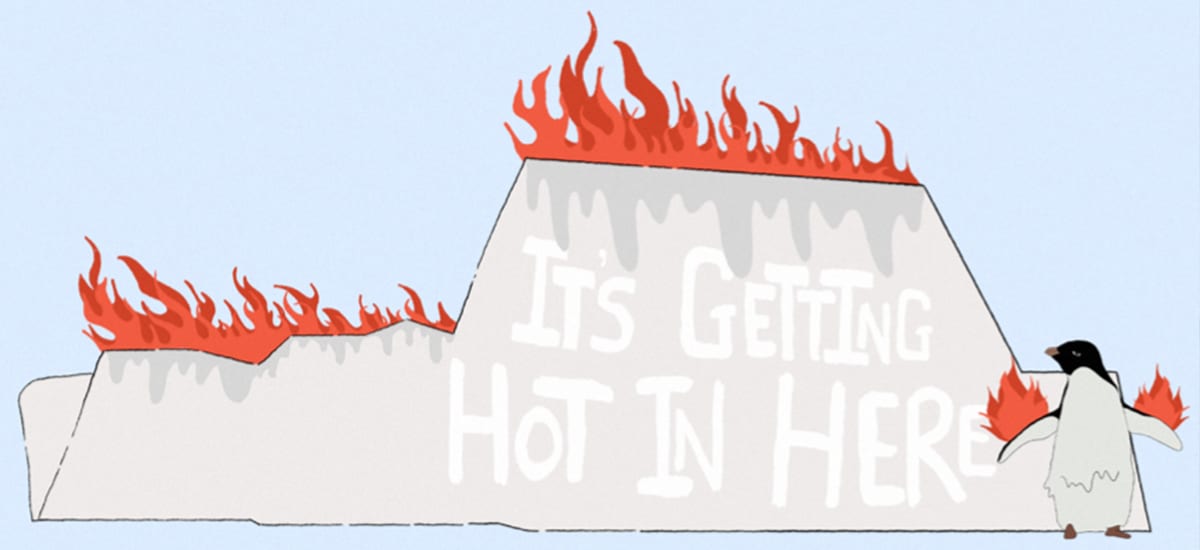
With a seemingly never-ending plethora of climate issues plaguing the planet at any one time, adding to ongoing feelings of environmental grief with each headline, the breaking of temperature records never fails in exacerbating these feelings, particularly when catastrophic consequences accompany them. Despite being in winter in the southern hemisphere (albeit a relatively mild one), heatwave after heatwave barrages the higher latitudes. A phenomenon of variations in the jet stream is expounded as the cause of the extreme temperatures affecting much of Eastern Europe and Siberia but extends to the Western United States.
A potential new highest temperature ever recorded on the earth’s surface was measured at Furnace Creek in Death Valley, California, in the United States on the 10th of July. A temperature of 54.4°C was recorded, and if confirmed, would equal the record set at the same place last year and break the record set in 1903 when the equipment was less precise. What is potentially more alarming is that the heat spike was protracted as well as steep. For three days in a row, Furnace Creek sweltered in maximum temperatures of over 53.3°C and there was little respite at night where the lowest temperature never fell below 32°C.
It is genuinely frightening but not surprising that temperatures that have never been experienced before are becoming the norm. Scientists predict that without rapid emissions reductions, the chances of this happening again will increase. There is a potential the region could expect an event of this magnitude every 15 years or so and every year under some future scenarios. One must be conscious of the effects these events have on the ecosystems and the health of surrounding inhabitants, as humans are simply not designed for existing in such conditions.
Eastern Europe and Siberia are also experiencing record high temperatures, with Moscow reaching 34.8°C, the highest reading for June since 1901. Temperatures in eastern Siberia rose above 30°C, adding to the melt of the permafrost. These high temperatures have also resulted in a spike of drownings in swimming pools and rivers throughout eastern Europe and high concentrations of bacteria at beaches which may pose potentially harmful to beachgoers seeking refuge from the heat in the water.
It is indeed hard to sit and watch headlines reporting lives are being lost at the hands of the climate crisis, in addition to thinking about the irreversible effects such events are having on the planet. The acceleration of climate breakdown may mean we have less time than we thought to try and fix things, and the work of many may be in vain. In contrast, this may serve as a prime motivator for participation and cooperation globally to address such a crisis.
Climate grief is natural, as is the anxiety arising from the thought that everything may end up being pointless, but we have to remain hopeful in the face of adversity (yes, I know it’s cliché). But, with everyone pulling their part, we have a chance.